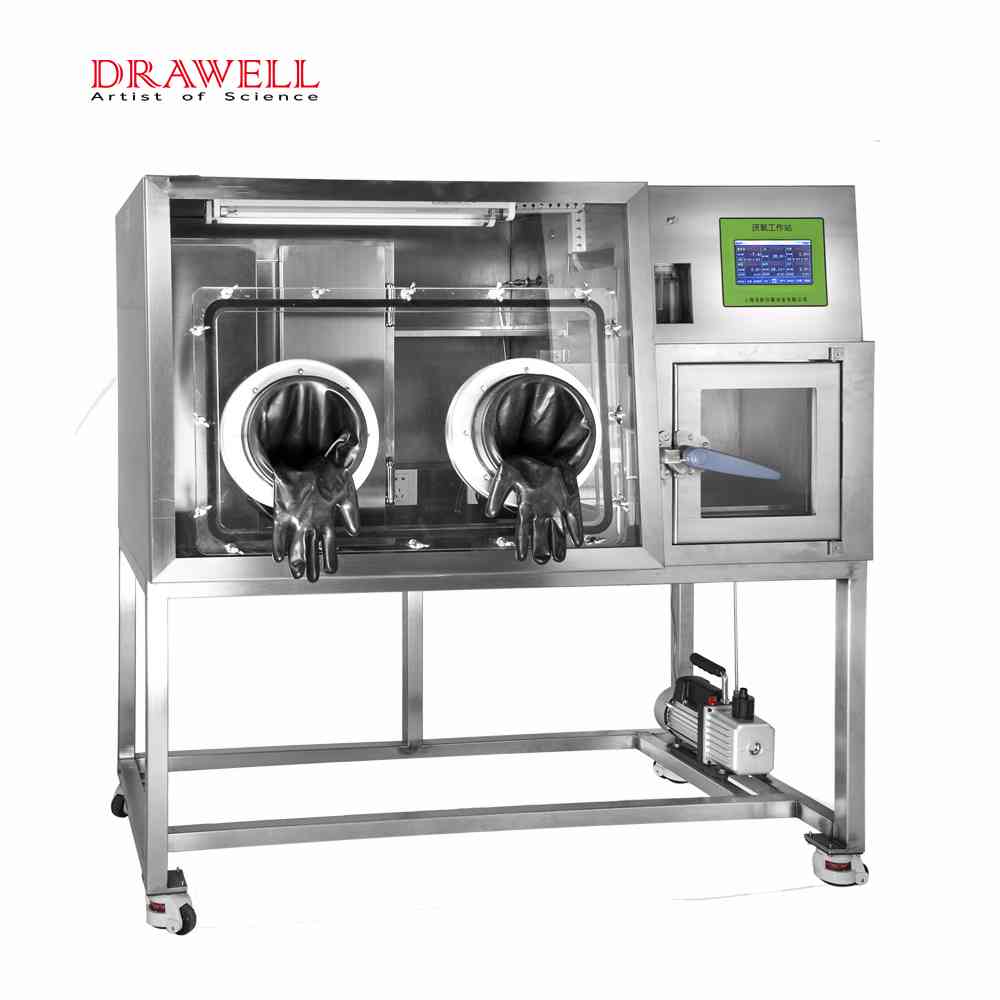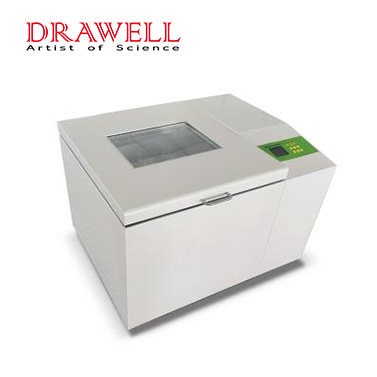Various instruments and technologies have been developed in the fields of research, technology, and healthcare to promote progress and address challenging challenges. Among these outstanding inventions, incubators stand out as versatile machines with a wide range of applications. In this post, we will look at what is an incubator used for and how it may be used in industries such as healthcare, scientific research, agriculture, and entrepreneurship. Understanding incubators’ extraordinary powers allows us to obtain insight into their transforming impact on many facets of our life.

Incubators Used for Medical Industry
One of the most well-known and important applications of incubators is in healthcare, namely in neonatal care units. Medical incubators provide a regulated environment for preterm or critically ill newborns’ care and development. These incubators create a warm, stable, and sanitary environment that manages temperature, humidity, and oxygen levels, ensuring the best conditions for the infants. Medical incubators, which are equipped with monitoring devices, allow healthcare personnel to closely monitor vital signs and respond quickly to any abnormalities, protecting the well-being and increasing the chances of survival for these sensitive infants.
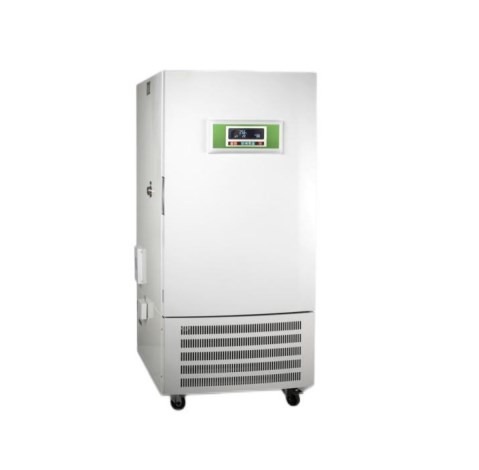
Incubators Used for Laboratory
Laboratory incubators, which serve as fostering settings for many live organisms, have become vital equipment in scientific study. These devices provide temperature, humidity, and nutrient availability under regulated circumstances to aid in the growth and reproduction of cells, bacteria, fungus, and other microorganisms. Laboratory incubators enable researchers to investigate and comprehend biological processes, conduct tests, and develop novel medications by replicating natural settings. Laboratory incubators encourage innovation and contribute considerably to sectors such as medicine, biotechnology, and microbiology, from the research of cellular activity to the exploration of genetic engineering techniques.
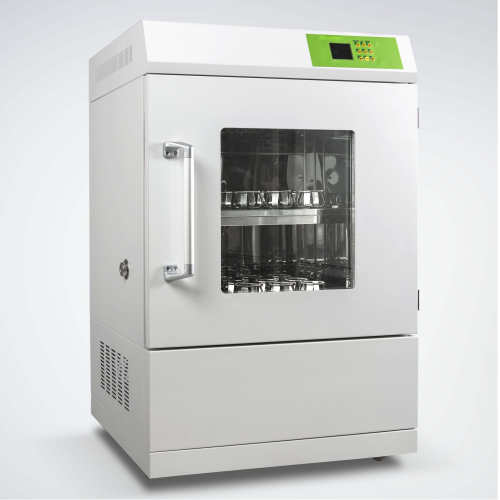
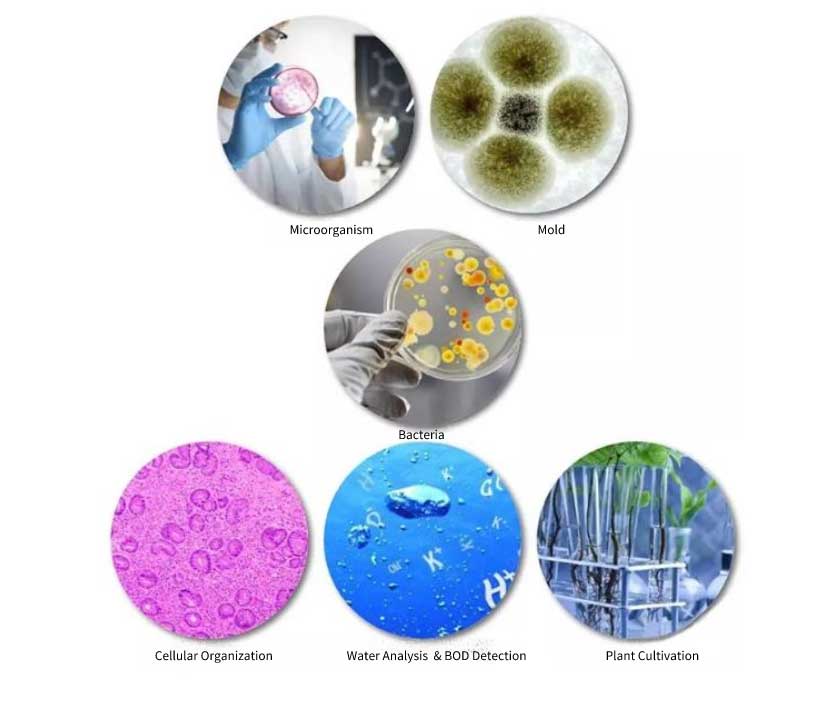
Incubators Used for Agriculture and Animal Husbandry
Egg incubators serve a critical role in the proper hatching and rearing of numerous species in agriculture and animal husbandry. These incubators mimic the ideal conditions for egg development, such as temperature, humidity, and ventilation. Egg incubators boost the odds of successful hatching by providing a steady environment, resulting in higher survival rates. These incubators are used by poultry farmers, reptile breeders, and bird hobbyists to hatch eggs, assuring the continuity and sustainability of their individual species. Furthermore, by manipulating parameters such as temperature and humidity, specialized egg incubators may modify the gender ratio of particular reptiles, thereby aiding conservation efforts.
Incubators Used for Entrepreneurship and Business Development
The term “incubator” has found a position in the business and entrepreneurial scene outside of healthcare and scientific research. Startup incubators are organizations or initiatives that help early-stage businesses grow and develop. These incubators offer firms crucial tools, mentorship, office space, and networking opportunities, assisting them in navigating the hurdles of entrepreneurship. Startup incubators serve a critical role in nurturing entrepreneurial talent, promoting economic growth, and transforming revolutionary ideas into successful enterprises by fostering creativity, giving mentoring, and facilitating access to finance.
Incubators Used in Environmental Sciences
Environmental incubators are specialized equipment used in ecological study and testing. Scientists can use these gadgets to generate controlled environments that mimic specific ecosystems or microhabitats. Environmental incubators permit the study of the impact of these variables on organisms and their interactions by accurately altering variables such as temperature, humidity, light, and air composition. Environmental incubators help researchers comprehend climate change, biodiversity trends, plant development dynamics, and the effects of pollutants on living organisms. Such study contributes to conservation efforts, ecosystem management, and the development of sustainable practices.

Summary
Incubators are extraordinary tools with limitless potential, providing controlled settings for a wide range of uses. Incubators have transformed several disciplines, from nurturing premature infants to furthering scientific discoveries, from hatching life in agriculture to fostering entrepreneurship and driving environmental research. As technology advances, incubators will definitely push the boundaries of creativity, opening up new areas and providing crucial assistance in our pursuit of growth and understanding. With each application, incubators exhibit their revolutionary skills and solidify their position as critical assets in building a better future for humanity.


